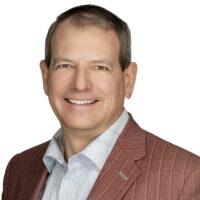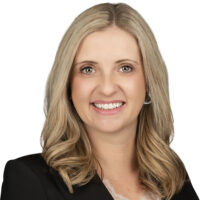Hired Guns in the Court System?
Hired Guns in the Court System?
In this blog, we discuss the systems and rules that help ensure the credibility of expert witnesses.
(Originally Posted April 16, 2018)
Hired guns. TV legal dramas show witness stands full of shady “experts” who bow to the wishes of either clients or legal counsel in an attempt to earn some easy cash. What systems are in place to protect the courts from biased experts?
Expert witnesses are unique because they use their specialized knowledge to testify their opinion of the facts (most other witnesses can only testify the facts). For example, an accountant can give a professional opinion on the financial impact of a purported fraud. This is an opinion of the facts based on the experts’ specialized knowledge. The advanced level of knowledge held by an expert, however, makes it difficult to judge the validity of an expert’s opinion. There are several systems in place to help ensure the credibility of expert witnesses.
Rules of Civil Procedure (Ontario Courts of Justice Act)
These rules summarize the duties of an expert witness to the courts. Among other obligations, expert witnesses must:
- Provide opinion evidence that is fair, objective and unbiased;
- Provide opinion evidence that is only related to the expert’s expertise; and
- Put their duty to the court above any other duty to the client or to legal counsel.
Failing to comply with these rules can lead to the courts dismissing the expert’s opinion evidence.
Rules of Professional Conduct for Lawyers
Strict standards govern lawyers regarding their relationships with expert witnesses. Under the Rules of Professional Conduct, the Law Society of Upper Canada states (among others) that lawyers may not do any of the following:
- Knowingly attempt to deceive the courts by providing false evidence, misstating the facts or assisting in crime;
- Knowingly misstate the testimony of a witness;
- Improperly dissuade a witness from giving evidence or advise a witness to be absent; or
- Knowingly allow a witness to present false or misleading information.
Any lawyer that violates the Rules of Professional Conduct could be accused of committing professional misconduct. This is a significant deterrent for lawyers who might intentionally seek a biased expert witness to bolster their case.
Rules of Professional Conduct for Expert Witnesses
Codes of conduct also govern the actions of many other professionals (such as accountants, doctors, engineers, etc.). For example, the code of ethics governing the actions of Chartered Business Valuators prevents valuators from (among others):
- Signing or associating with a false or misleading letter, report or statement;
- Making a false or misleading oral report, statement or representation; and
- Having a conflict of interest that would impair professional judgement or objectivity.
Similar to lawyers, any Chartered Business Valuator failing to abide by their code of conduct could be accused of committing professional misconduct.
Cross-Examination
The final deterrent is the process of cross-examination, where opposing counsel questions the expert witness. A skilled lawyer can expose inconsistencies in the expert’s testimony. Based on the results of cross-examination, a judge can reject or limit the weight given to the expert’s testimony. This not only could render the expert useless in a trial, but also could tarnish the expert’s reputation.
With the increasing financial, technological and scientific complexity of the world, expert witnesses have become an important part of legal proceedings. Finding an expert witness that is professional, competent and free from bias is essential to administering justice in complex cases. At Davis Martindale, we serve as financial experts of the highest calibre. Give us a call; we would love to work with you.
Co-Authors

Ron Martindale
BASc, CPA, CA, CBV, CFF
Partner
Valuation & Litigation

Louise Poole
CPA, CA, CBV, CFF
Partner
Valuation & Litigation
Work With Us
Our Valuation Advisors are ready to have
a personalized discussion with you.
